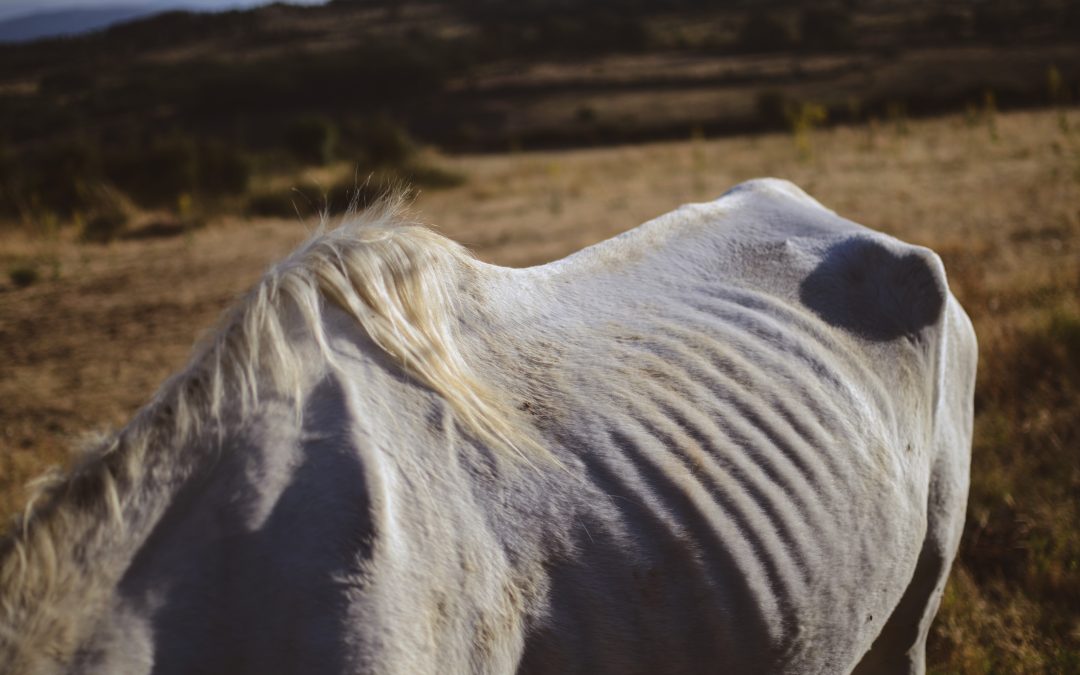Nutrition especially in the older horse is vital. With the common underlying conditions such as Cushings disease, poor dental alignments, diastema and general old age, the winter season can be very tough on some. Whilst we vets go on about weight loss with a large percentage of owners, sometimes weight gain is as important especially for the veteran horse or pony.
Dental health:
As they get older horses teeth tend to wear out, or diastema’s develop. This can in turn lead to pain developing in the mouth which in turn, makes them less able to eat forage such as hay or haylage as it has a higher lignin (type of woody fibre) content than grass in the summer months. This woody fibre is harder to chew and therefore if there are any issues with teeth such as loose teeth, loss of grinding surface or gaps between teeth, then this can become a painful process. Regular dental examination and treatment can help prolong dental health and reduce the pain involved when eating through the winter months.
Cushings disease/PPID:
This is a disease of the older horse. Undiagnosed and uncontrolled horses can lose muscle mass from their top line giving them a potbellied appearance. These patients often struggle to maintain winter weight. Good nutrition alongside appropriate treatment (with prascend) will help bring them back to their original condition.
Good nutrition:
This is a topic best discussed with your vet, as certain conditions need certain feeds, to minimise the risk of complications such as laminitis in the older equine. However the basic feeding regime should include palatable fibre which is short in length such as speedibeet or fast fibre, increased protein oil such as micronised linseed, a palatable grass nut. These should be fed in quantities that would be relatable to the long fibre forage they are struggling to consume.
The veteran animal can be maintained when the body starts to struggle but it takes a close working relationship between yourselves and your vet team to enable a happy and healthy outcome for your horse.

